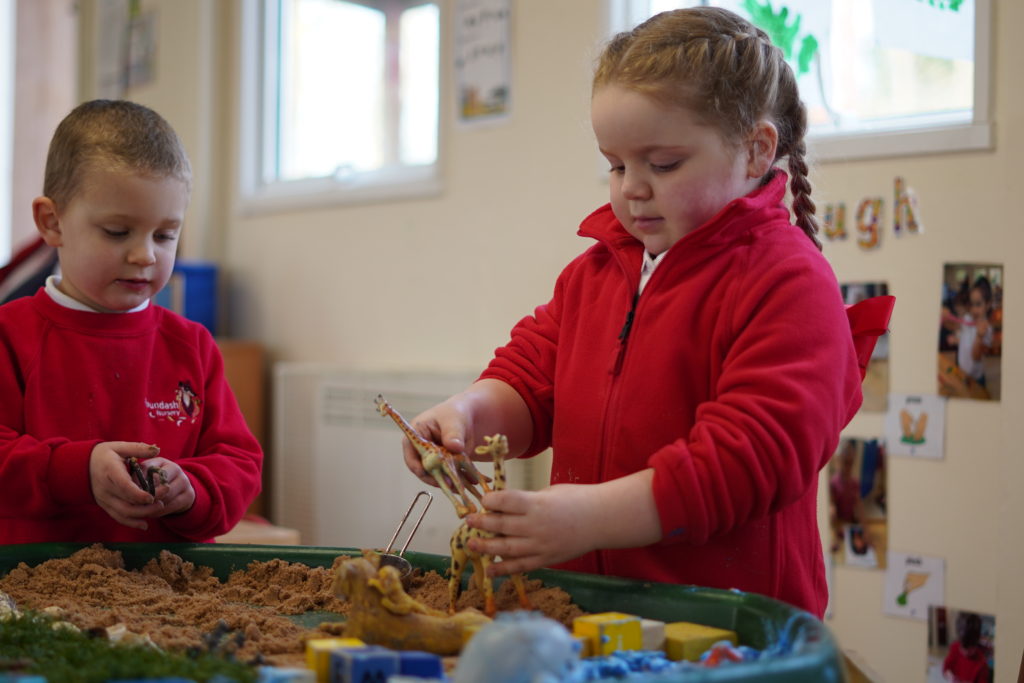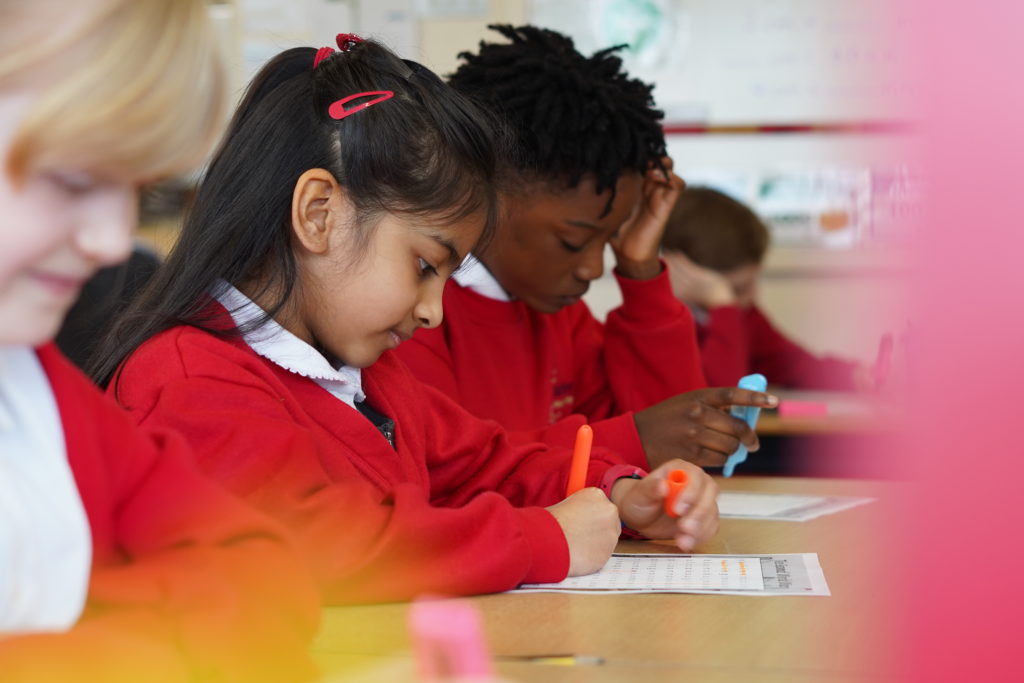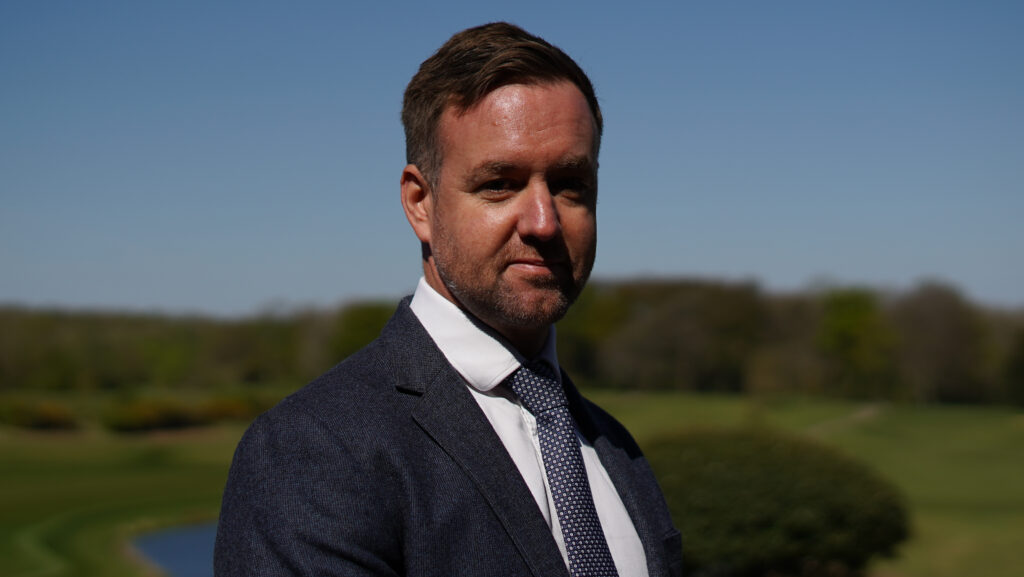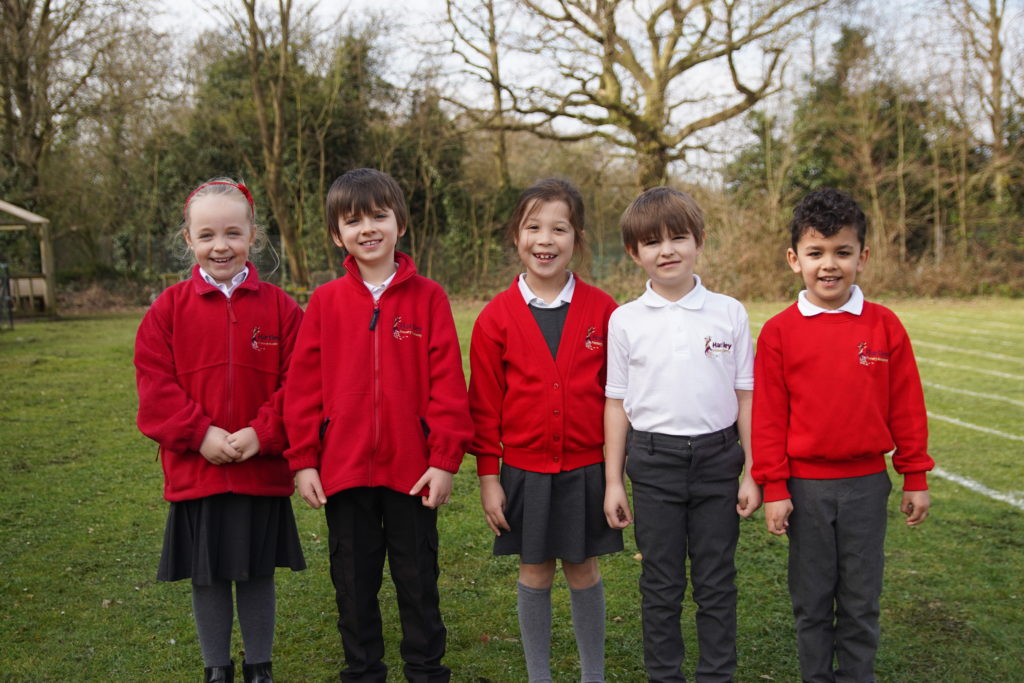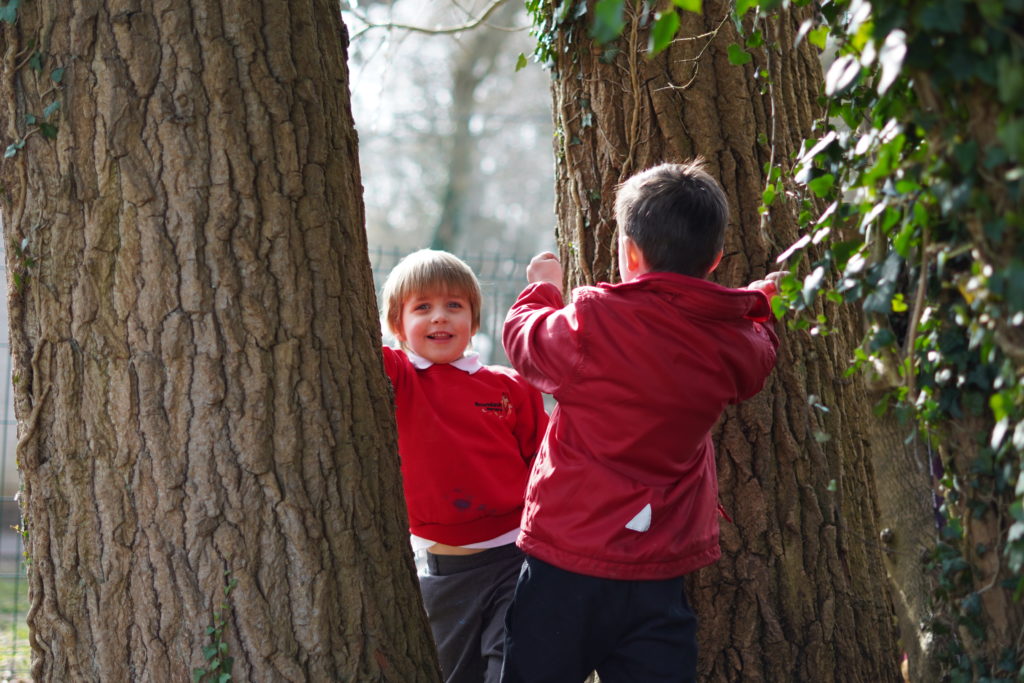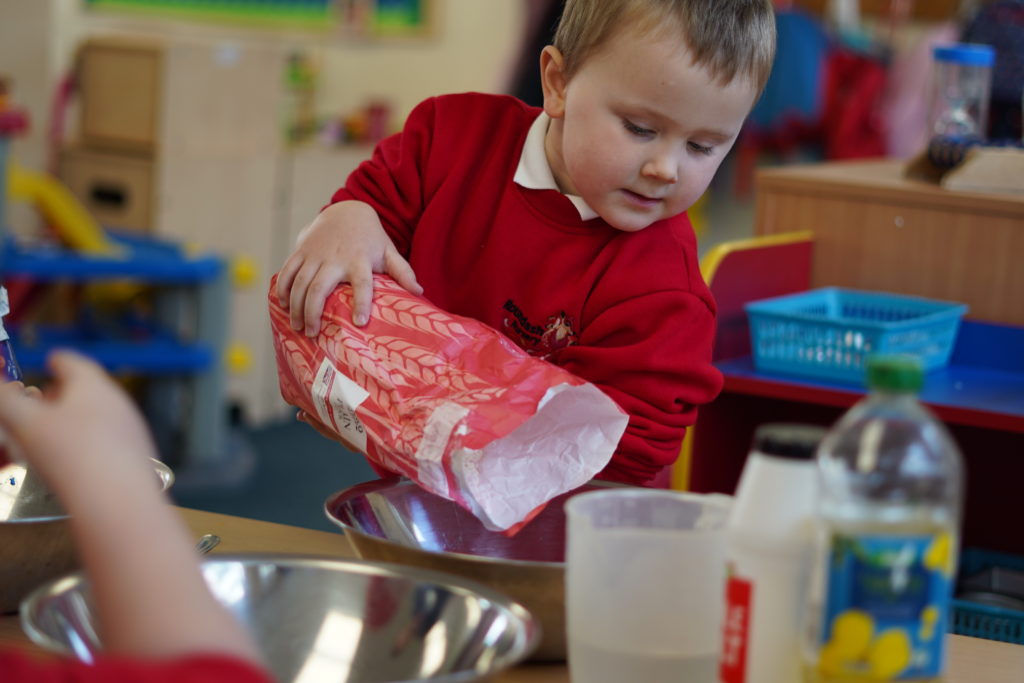Teaching & Learning practices at Hartley are constantly evolving to ensure that our curriculum is delivered in the best possible way for our children. We are incredibly proud of our wonderful staff and amazing children and families and how they are all on a journey of continual learning, facilitated by the curriculum at our school.
Through reading, research and staff CDP into working and long term memory, as well as cognitive load and dual coding, we have embedded the practices of low-stakes quizzing (to aid recall), regular ‘flashbacks’ and ‘look-forwards’ (so the children can make links between their prior, current and future learning) and reflection times throughout the school day (so children can, again, recap key knowledge and skills they have learnt and commit this to their longer term memory).
Teaching methods will be varied across the school; we fully celebrate our teachers’ individuality and personalities just like we do with our children’s. However, our teaching and learning policy sets out some key points which we know and celebrate as best practices. So, for example, you may see Knowledge being imparted through lecturing, e.g. Dictogloss, but also constructed through experiences e.g. outdoor learning and practical inquiry e.g. flipped learning on our Chromebooks. Both teacher-centred and student-centred approaches are employed depending on what best suits the learning activity and the children’s needs.
All of the children, regardless of their level of need, will access learning that is challenging and appropriate to their needs. For some children, this may mean their work is more scaffolded than others’ with sentence starters in English, for example, or word banks in geography, while for other children, the use of ICT is used to support their reading and understanding of subject-specific texts. We also know that some children will need more adult-led intervention in order to catch up with missed, or misconceived, learning. We are able to do this in small adult-led groups both in and out of main lesson time. Our teaching ensures that our most able pupils are challenged and stretched within their learning.
In light of recent research and practices on meaningful and effective marking and teacher workload, changes to feedback in writing have been developed and are fully embedded. Feedback will be verbal and ‘in the moment’ (wherever possible), and will focus on small next steps for the children’s learning. There may be short comments in books if it is meaningful and useful for the children and the teacher.
Since 2018, we have been developing a curriculum based on the IB PYP, which places a strong emphasis on inquiry-based learning in which the children are actively involved and take responsibility for their learning. Through lines of inquiry (generated by the children and adults together), they make connections across disciplines and integrated subjects. Our personalised curriculum provides the challenge that encourages pupils to embrace and understand the connections between foundation subjects and the real world, and become critical and reflective thinkers. It also promotes a positive attitude to learning by encouraging pupils to solve problems, show creativity and resourcefulness, and participate actively in their local communities and within the academy.
Our curriculum is planned collaboratively within our phase teams, with collaboration across other Trust primary academies and professionals. Each Key Stage has mapped their appropriate curriculum frameworks (Development Matters and the Primary National Curriculum) looking for vertical and horizontal learning pathways. This allows for the transdisciplinary themes to be planned with rigour, ensuring the depth and breadth is covered whilst promoting pupil agency within the themes of the PYP programme.
Assessment of our curriculum is planned at regular intervals to ensure a depth of understanding in all foundation subjects in addition to reading, writing and maths. Assessment will be in the form of teacher assessment, real time pupil conferencing and feedback, summative tests as well as more frequent, low-stakes quizzing and inquiry work throughout each unit which allow the children to put into practice the knowledge and skills that they have been taught.



